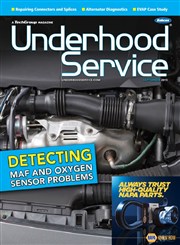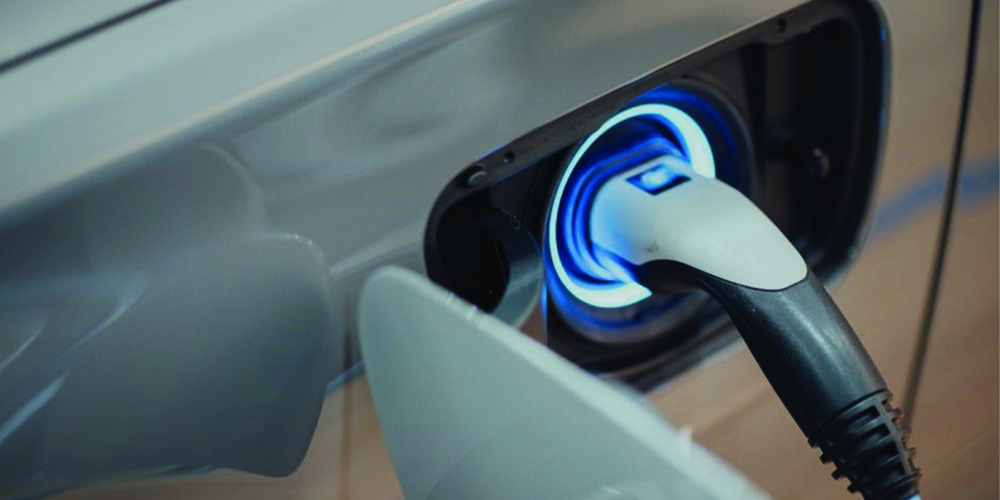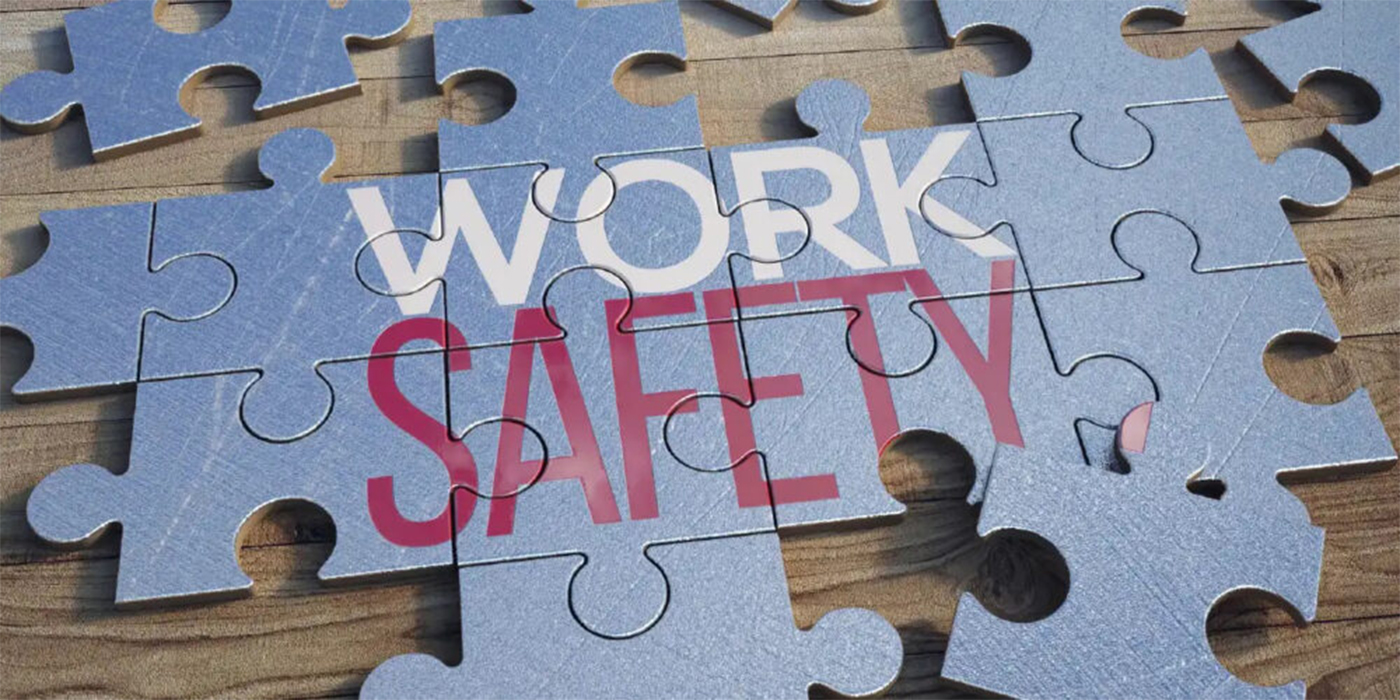
During World War II, the U.S. enlisted the help of Navajo and Comanche Native Americans as radio operators to use a code involving their language to disguise the real message over unsecured radio waves.
If they were going to say the word “army,” they would pick one of the native words that represented a word in English with the first letter “A” and the same for each letter after that. So the word “ARMY” would have been transmitted something like this: “Wol-la-chee” (ant), “Gah” (rabbit), “Tsin-tliti” (match), “Tsah-as-zih” (Yucca).
Many times, an entire phrase could be stated with one word, or a word that was used frequently would have its own native word used as a substitute. Then, on other occasions, an English word was thrown in just to confuse the whole thing even more. It was quite ingenious and, believe it or not, the code was never broken. To quote General Howard Connor (while at Iwo Jima), “Were it not for the Navajos, the Marines would have never taken Iwo Jima.”
Sounding out those Native American words (correctly) and translating them into the actual word was easy for those guys. It was their language, and they could send/translate and relay an answer faster than any machine available back in the day. They truly were code talkers.
MODERN-DAY CODE TALKER
So, where am I going with all of this? Well, doesn’t this sound like the codes we have to deal with on today’s cars? It does to me.
I read a code, translate it into working data and solve a problem, all with a language that isn’t understood by everyone out there. I guess you could call me a modern-day code talker.
The big difference is you’ve got people with handheld scanners they purchased at a local store or from the Internet who now have the ability to “read” a code. But they can’t break the code. That is, they can’t determine what to do with the information they have in front of them.
That’s where a qualified automotive technician (aka code talker) is needed.
I’ve lost count of how many times a car has come into my shop undiagnosed. The customer is standing at the counter, having already been to another shop that has given them an invoice with the codes and definitions written down on it — and, more than likely, a big “goose egg” in the charge column of the invoice. And they still haven’t had their problem resolved.
“Oh, I see they didn’t charge you to read the codes. How nice of them (said a little sarcastically). So, you need me to find out what it all means, right?” I ask.
“Yes, but I won’t need it diagnosed; that’s already been done,” the customer tells me.
Of course, it’s already diagnosed, but I’m going to tell them there is a charge to trace out the actual problem and determine the reason for the fault code.
Any tests or extra equipment needed to diagnose the problem are incorporated into the diagnostic fee. This, of course, leads a customer to grab all of their paperwork and head out the door because (you know what’s coming next), “it shouldn’t cost anything to find out what’s wrong with my car because I already had that done.”
This is when I break into my “code talker” story and make the customer aware of the level of sophistication that’s needed to decipher these coded messages from the car. I’m amazed that there are still a lot of people out there who assume that replacing a part will solve the problem, and that intensive research isn’t necessary.
“There’s everything from a compression check to TSBs that need to be considered when it comes to diagnosing a problem,” I tell them. Not to mention the investment in hand tools, meters and specialty equipment that’s needed to perform some of these tests.
I realize that the code information to a customer sounds more like “Comanche” or “Navajo” lingo than it does plain English but, then again, I’m a modern-day code talker. I can read it, I can interpret it and I can translate it into English. That’s what I’m here for.
I don’t know about you, but there are times when I have a car in the shop that looks like it is on life support with the amount of gadgets I’ve got hanging out of the hood or from under the dash, and it all started off with a simple code. (This is one of those times when a cell phone or a camera comes in handy. I can send a shot of the owners’ car to them so they can see what I’ve had to do to locate the cause of that simple code.)
I’m a modern-day technician and diagnostician. I’m no grease monkey, nor am I the guy with a scanner who’ll just read your codes and give you the definition. I’m the guy who will read the code, define it and translate it into a solution.
So, your customers don’t need a code reader to find out what that little service light on their dash means; they need a code talker — they need you!














